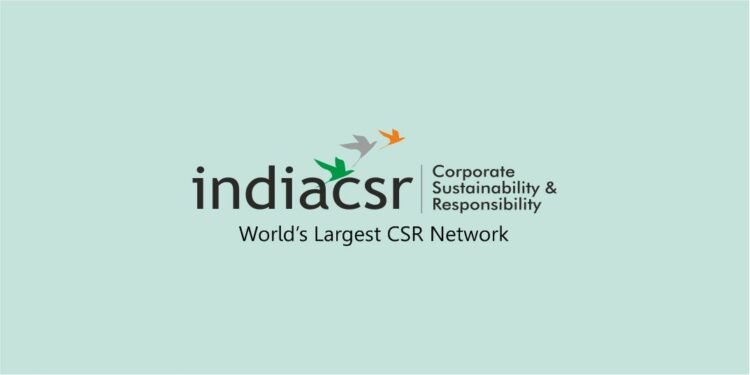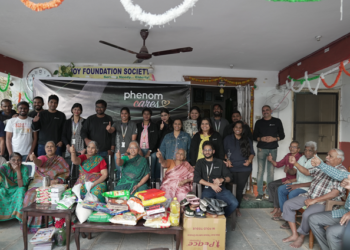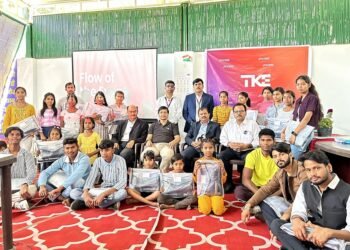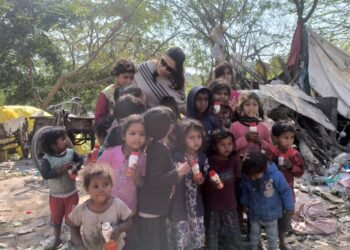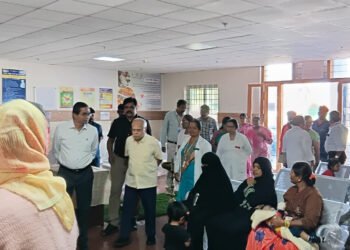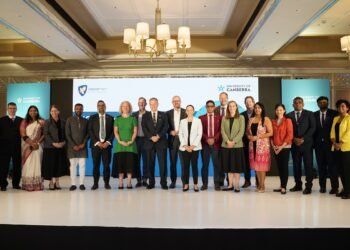Dharma: Men and women are often differentiated based on “gender role” and the tasks assigned to them. The question is who has defined these roles and assigns these tasks? And are they still valid? Are we confining our present potential just to uphold age-old societal constructs? Other biological and anatomical differences aside, both genders have one brain and one heart to function. Also, if we see the letters ‘W’ & ‘M’, both are reverse forms of each other. Today we present some women’s stories who have dismissed the so-called gender specific roles and taken the lead to bring a significant change.
Belonging to a conservative joint family and being a mother of a four-year-old child, Mousumi’s urge to do something for her community was rather repressed. She kept herself busy at home and was very particular about cultivating the right eating habits, personal hygiene and childcare practices. Her family maintained good health, but things were different outside. She could observe many pregnant women falling prey to superstitions. Due to age-old beliefs, pregnant women were prohibited from consuming dairy, certain fruits, vegetables, oil. It is also difficult to convince them to opt for institutional delivery and immunization.
On becoming a SuPoshan Sangini, she was determined to bridge the knowledge gap. Initially, she struggled with the Antenatal Care registrations, caseload of malnourished children (13 SAM and 21 MAM), reluctance towards consumption of IFA tablets and much more. She kept demonstrating the benefits of all the right practices through multiple aids, discussion, and cooking demonstrations. She visits 10-12 houses daily and engages the men too through family counselling. This has built up the capacities of women and a trend towards behaviour change. As per data source from VHSNDs, pregnancy registrations are 100%, 0% Severe acute malnourished children and only 4% Moderate acute malnourished children, out of 125 children in the village.
In a small town like Vidisha where women are not allowed to work, Adani Foundation trained ten women to become SuPoshan Sanginis. Chandraprabha Ahirwar is one of them. Before joining the project, she was better known as ‘Bahu’ of her area. She always had health issues that kept her dependent on in-law’s pension for medical expenses. To add to their woes, her husband was unemployed for most of the year. On meeting two Sanginis, she was motivated to step out and earn for herself. On getting trained as a Sangini, she took charge of her health first. Now there was no looking back. In the past two years, she has conducted a baseline survey of 896 households, universal anthropometry of 265 children and HB Screening of 890 adolescent girls. She confidently supports ICDS workers and spreads awareness on the importance of good nutritional status. She ensures maximum participation of beneficiaries at the village level events and her efforts are well appreciated by the ICDS staff. Chandraprabha transformed from being a hesitant person to a people’s person.
(India CSR)

